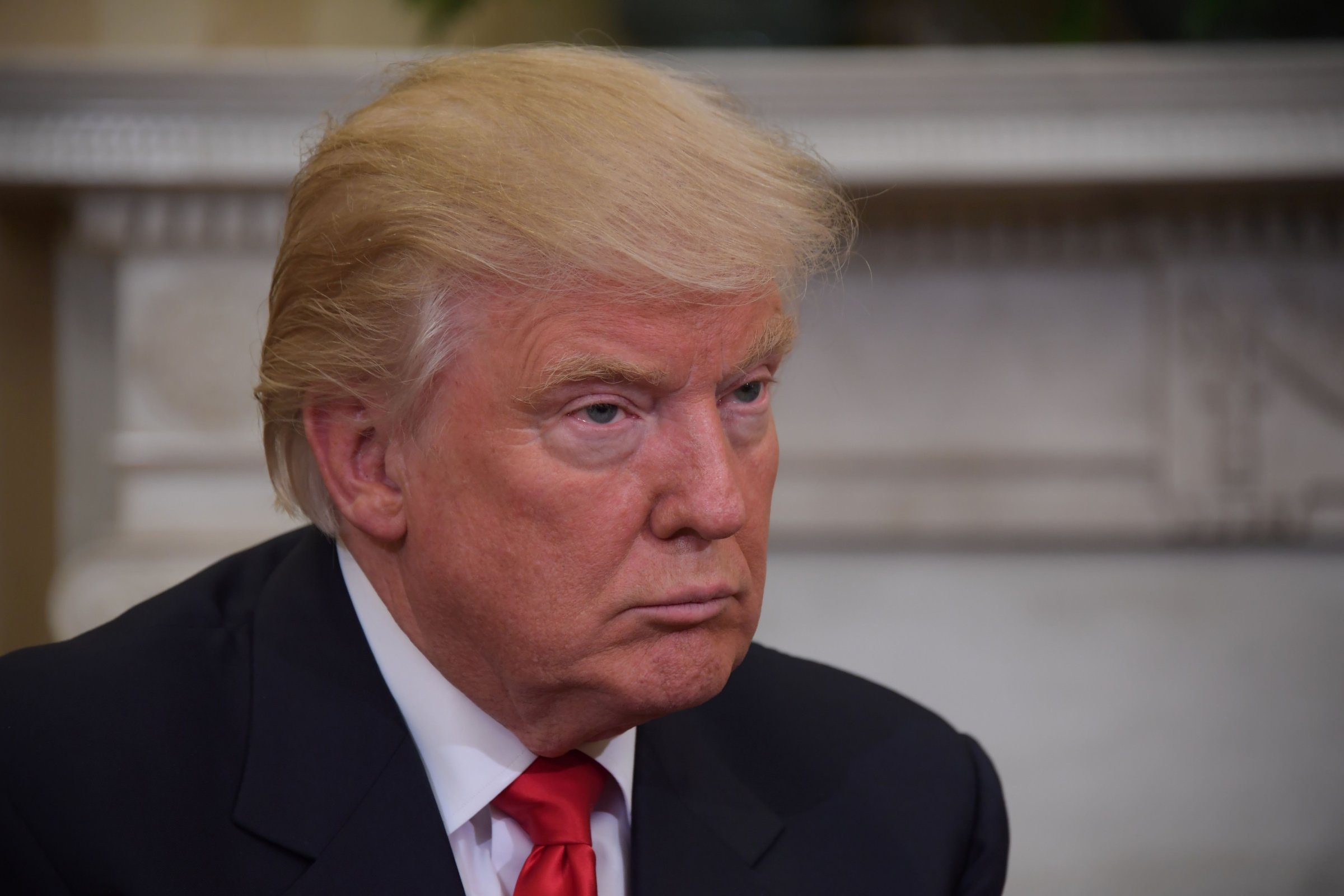
When lawyers filed a class action lawsuit in 2010 against Trump University, they could hardly have expected that six years later they’d be coming up against the president-elect in the courtroom.
But that’s exactly what stands to happen during the trial, which is scheduled to start on Nov. 28, as Trump and his lawyers will defend against allegations that Trump University defrauded students by presenting itself as an accredited institution and pressuring people to spend up to $35,000 for classes taught by people advertised as “hand picked” by Trump.
The Trump University lawsuit isn’t the only legal headache hanging over the president-elect. New York State Attorney General Eric Schneiderman (who also brought a case against Trump University in 2013), is investigating Trump’s foundation, after it was found in October to have violated state law by soliciting donations without the proper charity certification. Additionally, the FBI is conducting a preliminary inquiry into former Trump campaign manager Paul Manafort’s foreign business ties, NBC reports, a potential conflict that had already caused Trump to distance himself from Manafort. And Trump has sued two D.C. restaurateurs for pulling out of deals to operate in his new hotel.
“It is unusual for a president-elect to be entering the Oval Office with these types of live legal issues involving the business entities that he had been running,” says Caleb Burns, a partner at Wiley Rein LLP focused on election law and government ethics.
Trump will now have to juggle these trials and investigations while also getting his administration in place by Jan. 20, when he becomes leader of the free world. It is perhaps ironic that the husband of his general election opponent paved the way for the potential legal problems that may follow him into the Oval Office; in a 1997 case involving then-President Bill Clinton and Paula Jones, who was suing him for sexual harassment, the Supreme Court ruled that a sitting president isn’t immune from litigation over actions done before taking office.
But Burns cautions that there’s a crucial difference between the case Clinton dealt with and the ones confronting Trump: Clinton was sued personally, whereas Trump’s cases concern disputes with businesses that he is or was involved with. “Those matters will continue to progress and make their way through the legal process, but those matters aren’t aimed at Donald Trump personally,” Burns says. “Therefore they in all likelihood will not have much of an effect on his presidency.” It also means that in cases like these in which Trump is a witness, not the defendant, judges might be more reluctant to compel the president to testify. “My instinct would be that a judge would take great pains to avoid that situation,” Burns says.
The most immediate issue for Trump is the Trump University trial beginning this month. With Trump’s new status as president-elect, U.S. District Judge Gonzalo Curiel has advised both sides to consider a settlement rather than trial, “given all else that’s involved.” Trump’s attorney Daniel Petrocelli indicated Trump might be willing to settle, despite Trump’s past reticence. “I could settle these cases for peanuts… but I’m not a settler,” Trump told TIME of the case last November. Petrocelli has also said he’ll file a formal request to delay the trial until after Trump’s inauguration.
Read More: What The Legal Battle Over Trump University Reveals About Its Founder
If the parties do not agree to a settlement, however, Trump will have to testify, though Judge Curiel will allow him to do so via video rather than appearing in court. And Curiel denied a request Thursday to ban campaign statements from the trial. This could include any speeches, tweets, sexual misconduct allegations, tax history, corporate bankruptcies or details about his charitable foundation. It could also include inflammatory statements Trump made about Curiel; in May, Trump called Curiel “a hater” and “very hostile” and said Curiel’s Mexican heritage creates a “conflict of interest” given Trump’s hardline immigration stance.
Trump’s lawyer argued this campaign information “carries an immediate and irreparable danger of extreme and irremediable prejudice to defendants, confusion of issues and waste of time.” But Curiel wrote on Thursday that he wouldn’t issue a “blanket ruling” because Trump’s attorneys did not specify which statements they wanted banned.
Voters knew they were choosing a businessman to be their president, and a litigious one, at that. A USA Today analysis found that Trump and his businesses have been involved in at least 3,500 legal actions in federal and state courts during the past three decades. Trump prides himself on deal-making and standing tough to opponents, at least in posture. But as Trump cedes control of his foundation and businesses to members of his family, which he’s signaled that he’ll do, Burns says these cases will largely become their problem. President-elect Trump, after all, will soon have much bigger things to worry about.
More Must-Reads from TIME
- How Donald Trump Won
- The Best Inventions of 2024
- Why Sleep Is the Key to Living Longer
- Robert Zemeckis Just Wants to Move You
- How to Break 8 Toxic Communication Habits
- Nicola Coughlan Bet on Herself—And Won
- Why Vinegar Is So Good for You
- Meet TIME's Newest Class of Next Generation Leaders
Write to Tessa Berenson Rogers at tessa.Rogers@time.com